By denying the existence of inequities within our beloved cities, we set the stage to create even more of them.
Two incidents stand out particularly from my memories as a young child. In the first one, I was perhaps 5 or 6 years old—at that age when we ran out of the housing colony and into the streets to play a game of hopscotch or whatever else took our fancy. I remember playing with a child my age when another child’s parent came up to me and scolded me. “Why are you playing with her? Don’t you know she is of a lower caste?” I had no idea what caste was, but to pacify the irate woman in front of me, I, to my everlasting shame, agreed that I would not play with that child. The reason the incident has stayed on in my memory is that, in recounting it to my parents, I earned one of the biggest spankings I have ever received. My parents were upset that I was exposed to the one thing they tried to keep me away from. I had just treated someone differently, not to mention badly, simply because of the family she was born into. Worse, they found it difficult to explain this to someone as young as I was then, and I was left to ponder the incident over the years until I could finally make sense of it.
The second incident was also equally bewildering to me at the time. I was eight, it was the 14th of April and, here in India, the date is celebrated for a number of reasons. It signals the start of a new harvest year for many people across the country. It is also the birthday of Dr. B.R. Ambedkar, the architect of India’s constitution, a member of the country’s famous untouchable or Dalit community, and someone who went against the social limitations imposed by his birth to shape the direction of the country post-independence. For me, a little school-going child, the day was simply another holiday in which to have fun. Coming from a privileged background, and belonging to the so-called “upper caste”, while I knew that Dr. Ambedkar was an important person, I was oblivious of the struggles and lived inequities of his community, which he worked to address through drafting the Indian constitution. On this particular occasion, I had to run an errand for my parents at a small shop, an “upper caste” family-run business. At the shop, the conversation went something like this:
Shopkeeper: No school?
Me: No, it is a holiday.
Shopkeeper: Why?
Me: Well, it’s Ambedkar Jayanti (the birthday of Dr. Ambedkar) and Vishu (the harvest festival as it is known in the southern state of Kerala, where I come from)
Shopkeeper (with a snicker): Oh, you celebrate Ambedkar Jayanti then?
Me: Yeah, doesn’t everybody?
Shopkeeper (with another snicker, this one louder than the other, and addressing another group of customers): Oho! She celebrates Ambedkar Jayanti; (to me) You celebrate Ambedkar Jayanti—do your parents know about it?
The group found it deeply hilarious and went on to have a huge laugh at my expense. I was unsettled, and, in a bid to escape from the situation I found myself in, denied celebrating the said holiday and ran back to the safety of my home.
These two incidents were my induction into the world of social privilege and, in recent months, I have found myself repeatedly going back to those memories and realizing that my social privilege did not just come about because of the family I was born into; rather it was further enabled and amplified because I could choose to walk away unscathed from both those events. I find myself thinking of that other young child, who in my ignorance I had snubbed, and who might have grown up with deep scars as a result of that and other experiences she would undoubtedly have been subjected to. I think what if it had not been me, but an actual Dalit child who was laughed at because he or she belonged to a community that celebrated Ambedkar Jayanti? And then I realize, while there may have been many such children who bear deep scars that cut into their very being because of events such as this, I was privileged because I was able to simply file them away as unpleasant memories. I had the choice to either remember them or forget them, and I had the choice to decide how much those events would influence me.
I was privileged. I had choice.
During my fieldwork as a Ph.D. student in Bangalore, I spent a lot of time documenting the traditional institutions that existed around lakes, the people who live there, and social changes in the area. One such institution was that of the neerganti or the village waterman—his job was to manually operate the sluice gates of the waterbody and let out required quantities of water to individual farms that were irrigated by the lake. He was compensated for his efforts through a share in the total produce from the area. He was also a member of the scheduled castes and tribes—a dalit, an untouchable—someone whose social status was far beneath those of the farmers and other upper societal echelons, and because of which they were subject to many societal restrictions including their choice of water source. Today his profession is rendered obsolete because agriculture is no longer widely practiced, and, where it is still present, people use electric pumps for irrigation. In several interviews I have conducted with members of this community, I would often hear of how they did not wish to be associated with their former identity:
“In the older days, we were untouchables, yes, but we were self-sufficient. We got our food and grain because of what we did. Today, we have to pay for our food, but people still look down upon us. Why should we call ourselves neergantis anymore?”
“We have seen how it affected our parents—how they drank themselves to ruin because of society’s taunts. It is why we choose not to be associated with the community and an occupation that we were once very proud of.”
That young child whom I had once snubbed was now grown up and she did not have a choice.
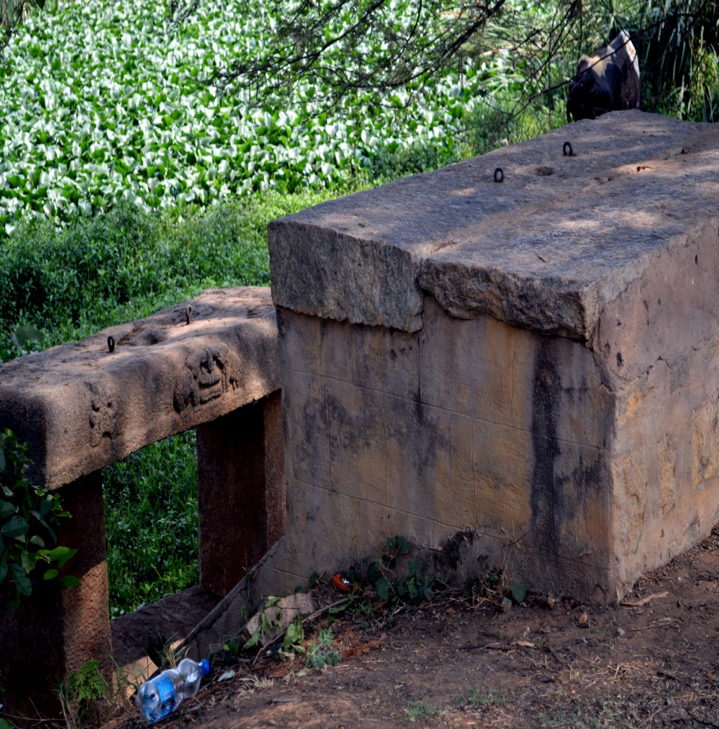
The ongoing COVID pandemic has only brought out the worst in us like never before. Each day brings with it a fresh wave of distressing visuals—thousands of people walking thousands of miles to reach their villages amidst a lockdown announced in the dead of the night, with about four hours of notice. A young child, asleep at the end of a trolley, being dragged along by his parents. A pregnant woman giving birth to her child on the roadside with no medical attention and plodding on with just a couple of hours of rest. Another toddler attempting to wake its dead mother, a woman who perished from hunger and thirst. Several people being sprayed with hazardous chemicals in the name of sanitization and disinfection. Muslims across the country being blamed for spreading the disease thanks to one particular congregation and conveniently forgetting a number of events across other religions also flouting rules of social distancing. A state callously oblivious to their plight, going so far as to treat all of these people like second class citizens in their own homeland. We have seen it all —from denying the hunger and thirst of the migrants, to actively stopping them from travelling back because that would adversely impact the construction industry.
As tragic as these events were, another set of voices were conspicuously absent – of those who depend upon natural resources for their lives and livelihoods—farmers, fishermen, commercial washer folk (dhobhies), urban foragers, livestock owners. Each of these groups of people would have found it exceedingly difficult to eke out their livelihoods, given that the country’s many parks, lakes, and other urban green spaces were closed during the period of lockdown. This undoubtedly would have caused shortfalls in many resources —for instance pasturage for the livestock owners, water for the farmers, or forage for the urban foragers. Given ongoing limitations to social interactions placed by the pandemic, we are still unaware of strategies that these groups of people have evolved in order to continue to sustain themselves and their families.
There is something else that continues to stand out amidst all these events—the deep fault lines existing within urban spaces brought about by privilege—or rather the choice that is enabled by urban privilege. On one hand, the vulnerable migrants were trekking across the country from the cities which once gave them hope and from which they now had to escape in order to reach their distant loved ones. On the other, urban middle to upper-class residents were worried that their supply of fruits and vegetables, which would once reach their homes in less than thirty minutes, would now take over four hours to be delivered. And all the while, in the background, was the ubiquitous television which continued to stream endless visuals of masses of people thronging railway stations, or walking long distances, sometimes with very limited food or water to sustain them. Against such stark contrasts were conversations I had with people around me—people fortunate enough to be able to continue calling the city their home. There were two distinct conversational tones that I found deeply interesting. First, and most prominent were the group of people who while expressing sympathy for the plight of these vulnerable populations, also laid blame at their feet for the aggressive spread of the pandemic. “We are very sorry that some people have to go through this misery—but think about it Hita, if these people would only maintain social distancing and not trouble the government when it is doing so much for our protection.” The head of the country also apologized to “his poor brothers and sisters… but there was no other way to wage war against the corona virus.” On the other hand, there were people who chose to help—volunteering and setting up helplines so these communities could have somewhere to seek help from, setting up neighbourhood task forces in order to provide domestic help, daily wage workers, and other vulnerable populations with support, food, and shelter.
This is, however, not the first time that these fault lines in urban planning have been exposed. Urban planning has historically been iniquitous and geared towards improving the lifestyles of the already privileged. During our long term research conducted into the socio-political and ecological changes driving the loss of lakes within Bengaluru—capital of the south Indian state of Karnataka—we found that certain groups of people have been historically marginalized and continue to remain vulnerable to pressures posed by ongoing urban change. Take the story of a central lake within the city, the Dharmambudhi converted into the city’s central bus station. Driven by colonial concerns of the sanitary city, and the belief that western technologies of managing water and sanitation were superior to native ones, this story is one of how existing forms of infrastructure were superseded by other forms—in this case, local water supply systems (lakes) by networked closed pipes enabling long-distance water transfer. Piped water supply systems were provided into the homes of urban middle to upper-class members of the community who began to dissociate themselves from the water body that formerly sustained them. This dissociation fed into other forms of urban development—it rendered the resource open to being repurposed in other forms, for example, stormwater channels connecting this lake to others within the network began to be built over into other forms of public infrastructure—railways and public utility structures among other things. As a result of this, the lakes themselves began to fall short of meeting the water requirements of those people, mostly those of marginalized urban residents and resource-dependent livelihoods who had continued to depend upon it for meeting their needs. Drought and famine ensued, causing widespread chaos, migration, and death, each event further spelling a death knell upon the already vulnerable water body. Today, memories of the former water body are evoked all around the landscape, for instance, through the names of roads (Tank Bund road, etc) or a solitary temple that still proudly proclaims its association with the former lake. The lake, meanwhile, has given way to another form of public infrastructure: a bus station evocative once again of the processes of change that drove the transformation of this urban space.
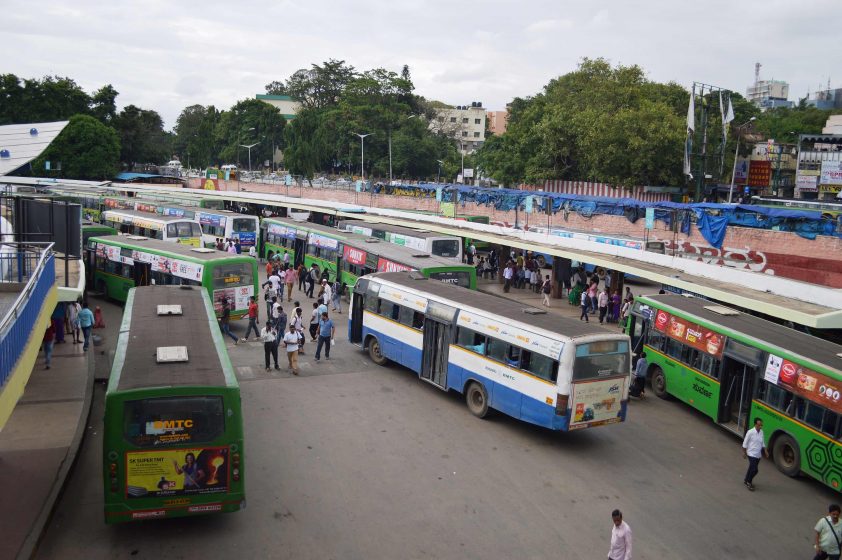
Photo: Hita Unnikrishnan
These inequities are not confined to the past either. Even today, urban transformations tend to prioritize the needs of the privileged over the marginalized. Waterscapes are seen as spaces of entertainment, recreation, and aesthetics. The result is widespread commercialization of water bodies, increasing efforts to landscape them with fountains, gardens, and night lights, as well as the widespread hoardings advertising real estate that promise spectacular lake views to its buyers.
Missing in each of these narratives about the urban space are the people who live in the fringes. Cities, especially those that have grown by engulfing their peri-urban boundaries, have a substantial population of resource-dependent people—migrants who depend upon urban blue and green spaces to meet their domestic needs of food, shelter, and water, urban foragers who supplement their diet or income through harvesting local greens, farmers who cultivate on the banks of water bodies (even polluted as they are), livestock owners who make use of pasturage, and water supplies from these spaces, and so on.
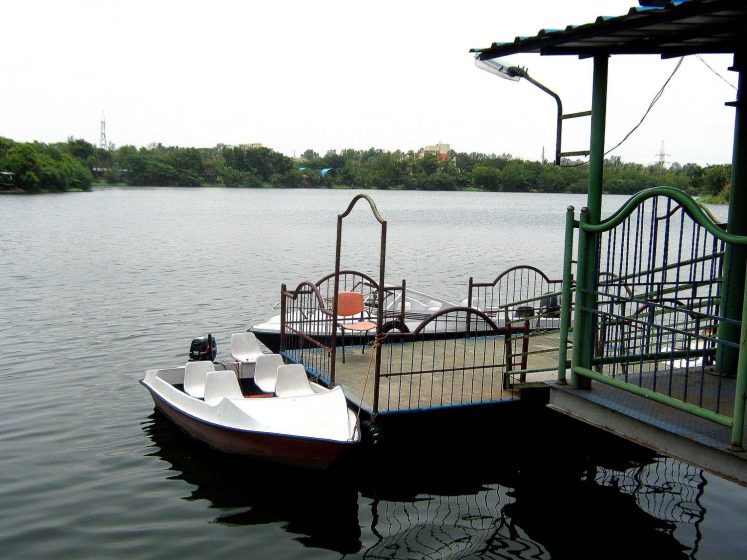
Photo: Hita Unnikrishnan
Equally visible are voices of other privileged urban populations who either choose to draw attention to these urban fault lines or turn away while still acknowledging and sympathizing with those who may be affected by such changes. It brings home an important thought: yes, privilege is about power, about possessing sufficient bargaining power within communities, neighbourhoods, and bureaucracies, but privilege also confers upon people the ability to choose. That young girl whom I had snubbed long ago did not have that choice. Instead, I had choice and the ability to decide whether or not I wanted to continue playing with her. That I chose not to is a reflection of how societal conditioning allowed, or rather disallowed, me to exercise my own privilege.
Likewise, privilege gives people the ability to sympathize with others while yet staying distant, it gives people the choice to deny that systemic inequality has always been a part of the urban fabric, be it with respect to social or ecological interactions. For example, I have been told several times: “You know issues of gender and caste are not part of a city like Bangalore at all. I am not denying that inequality in India exists, but it exists in backward towns and villages, not in a global cosmopolitan city such as ours.”
At the same, privilege also gives people the choice to fundamentally rethink what “urban” means, what “urban inequality” represents and who urban spaces actually support. It gives us a huge opportunity to rethink the fundamental inequities of our society and drive transformative change towards addressing them. In many cases, however, we choose to leave our privilege undisturbed because it allows us to exist within our own comfortable bubbles. The choice we make may not always be morally or ethically sound—we simply make them because they either represent the path of least resistance or a cop out. This is not to say that individuals who make these choices are inherently bad—in most cases we are simply unaware that we are choosing the easy way out. Perhaps what is needed is more introspection into the privilege we consciously or unconsciously exercise. It’s probably important to remember that in singling out and denigrating an entire religion, we also affect individuals practicing that religion and who may also be part of our own inner circles—people we consider to be close friends for instance. That by denying the existence of inequities within our beloved cities, we set the stage to create even more of them. We also need to reflect on the choices we make, its influence on the collective good of societies we live in, and the broader moral and ethical implications of what we choose. We may need to recognize that in choosing to be comfortable, we may unconsciously be enabling the opposite, not just for the countless faceless people that make up the population of a city, but also for those we deeply care about, can identify in a crowd, and can recognize as individuals in their own right. Because, in the end, it is always a choice down to governments, communities, and individuals—we choose the kind of urban neighbourhood we live in and privilege plays an important role in deciding how, what, and who become part of that cityscape.
Hita Unnikrishnan
Bangalore

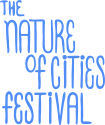
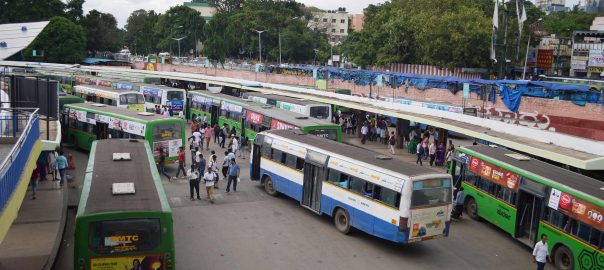
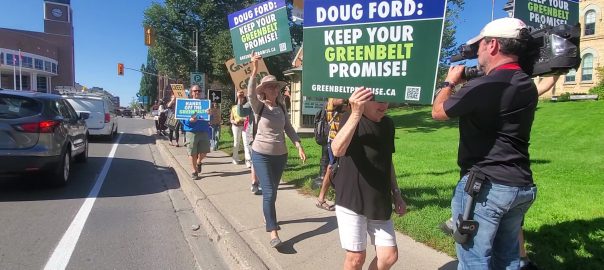

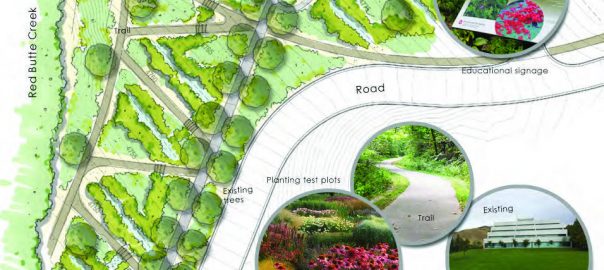
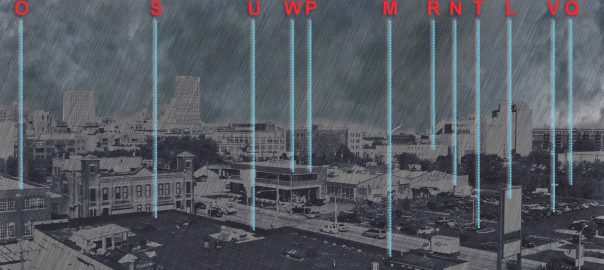
Leave a Reply